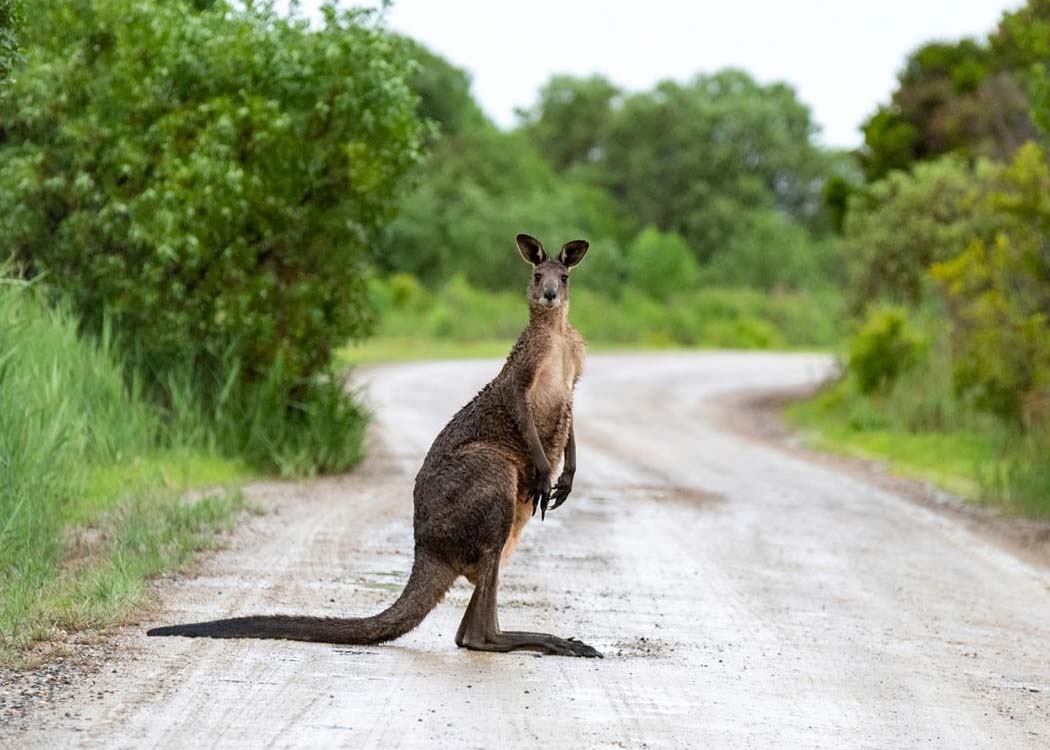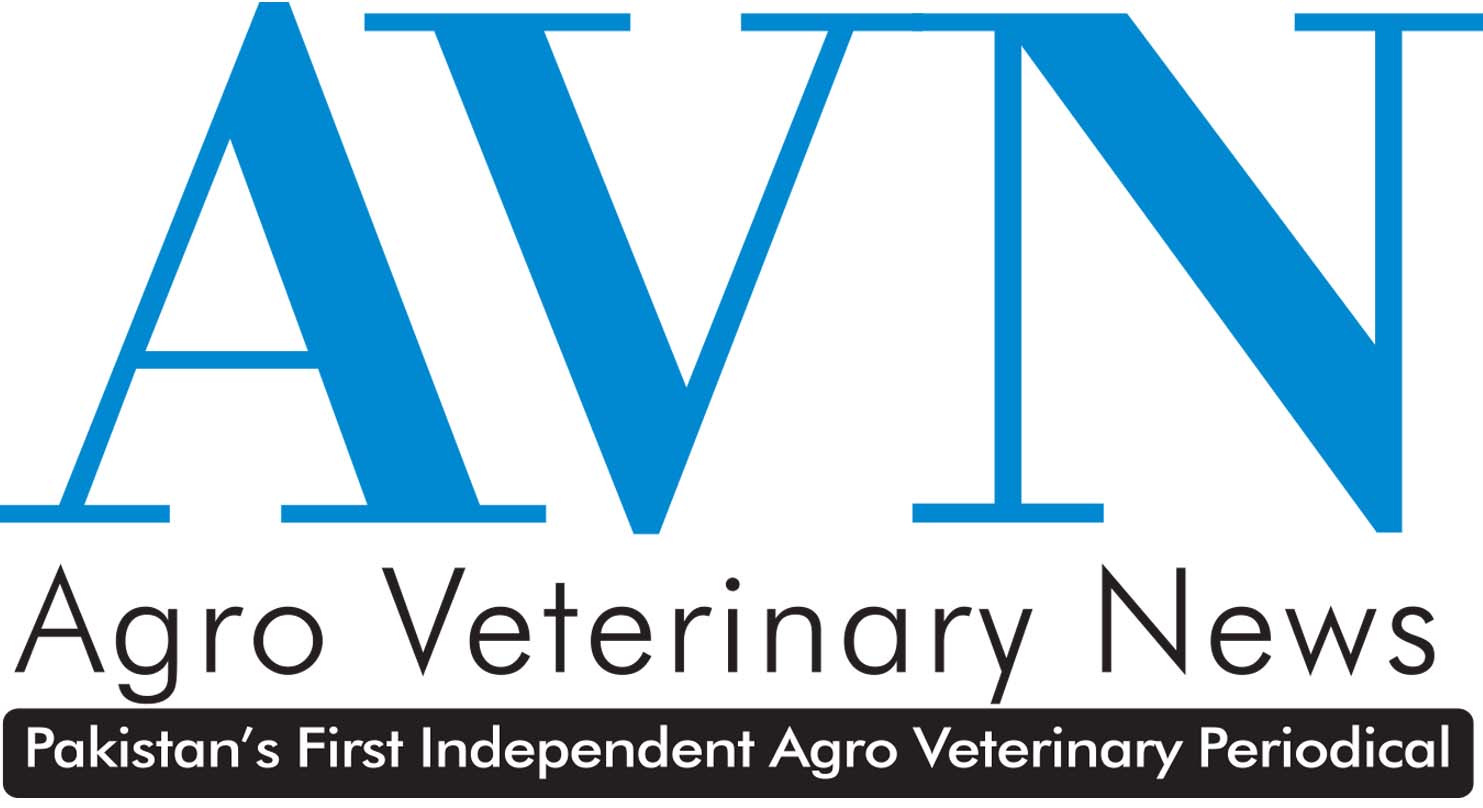New Roadmap Aims to Finance Sustainable Protein, Combat Climate Change, and Improve Animal Welfare
RIO DE JANEIRO, BRAZIL: In a landmark push to tackle the intertwined crises of climate change and industrial animal agriculture, World Animal Protection and a coalition of global partners launched the “Protein Shift Standard” at the COP30 climate summit in November 2025. This innovative roadmap is specifically designed to guide financial institutions and investors in shifting billions of dollars away from environmentally damaging, high-carbon industrial farming operations toward more responsible and sustainable protein production systems.
The launch event at the AgriZone pavilion featured environmental advocates, financial analysts, and animal welfare experts who presented a compelling case for urgent investment redirection. The standard provides a practical framework for evaluating current agricultural financing models and identifying pathways to support plant-based protein alternatives, regenerative agriculture practices, and other low-impact livestock systems.
According to a representative from World Animal Protection, the industrial agriculture sector is a significant contributor to global greenhouse gas emissions and a primary driver of deforestation, water pollution, and biodiversity loss. The “Protein Shift Standard” aims to make “green financing” a reality for agriculture by clearly defining what constitutes sustainable and responsible protein investment.
“This is not just about animal welfare; it’s about the future of our planet,” said an advocate at the launch. “The financial sector holds immense power to shape our food systems. This standard provides them with the clarity and data needed to invest ethically and sustainably, ensuring a resilient food future for all.” The initiative arrives as global discussions intensify on the need for systemic change in food production to meet climate targets. The partners anticipate the standard will become a key metric for Environmental, Social, and Governance (ESG) investment criteria within the agricultural and food sectors moving forward.





